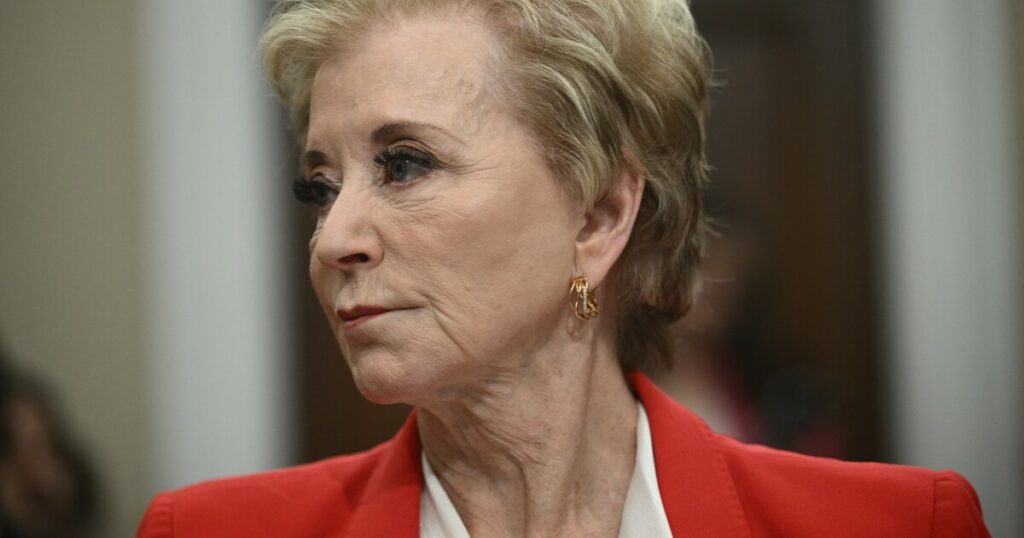As universities across the United States face a deadline on Monday, the Trump administration’s controversial proposal, termed the Compact for Academic Excellence in Higher Education, has sparked significant debate. The proposal, sent to nine institutions, requires adherence to certain political priorities in return for favor in federal funding allocations.
Key elements of the compact include restrictions on transgender individuals’ participation in sports and restroom access, a tuition freeze for five years, limits on international student admissions, and mandatory standardized testing for college admissions. Despite these stipulations, many universities have expressed resistance.
Among the nine universities initially approached, six have already declined to sign the agreement. MIT was the first to publicly reject the compact, with President Sally Kornbluth stating in a letter to Education Secretary Linda McMahon that the document conflicts with the belief that scientific funding should be merit-based.
In response to MIT’s stance, President Trump announced on Truth Social that all colleges would have the opportunity to join the compact, not just the initial recipients.
Brown University, the University of Pennsylvania, and the University of Southern California have similarly declined the offer. A virtual meeting was convened by the White House with other institutions, including the University of Arizona and the University of Texas at Austin, to discuss the compact further.
The meeting also included Arizona State University, Washington University in St. Louis, and the University of Kansas, as reported by The Wall Street Journal.
Following this discussion, both the University of Virginia and Dartmouth College have also chosen not to sign. Dartmouth’s President Sian Leah Beilock emphasized in a letter that a compact with any administration is not the suitable avenue for achieving academic excellence. UVA’s interim President Paul Mahoney echoed this sentiment, highlighting concerns about undermining research integrity if assessments are not merit-based.
Despite the government’s attempts to gain consensus, the Trump administration’s approach has been met with skepticism, reflecting broader tensions with American higher education. This comes amidst a backdrop of federal research grant cancellations, affecting universities due to policies on transgender rights, diversity, and inclusion.
The White House has not provided further comment amid ongoing government shutdowns, which have been attributed to Democratic opposition according to an automated email response.
—
Read More Michigan News










